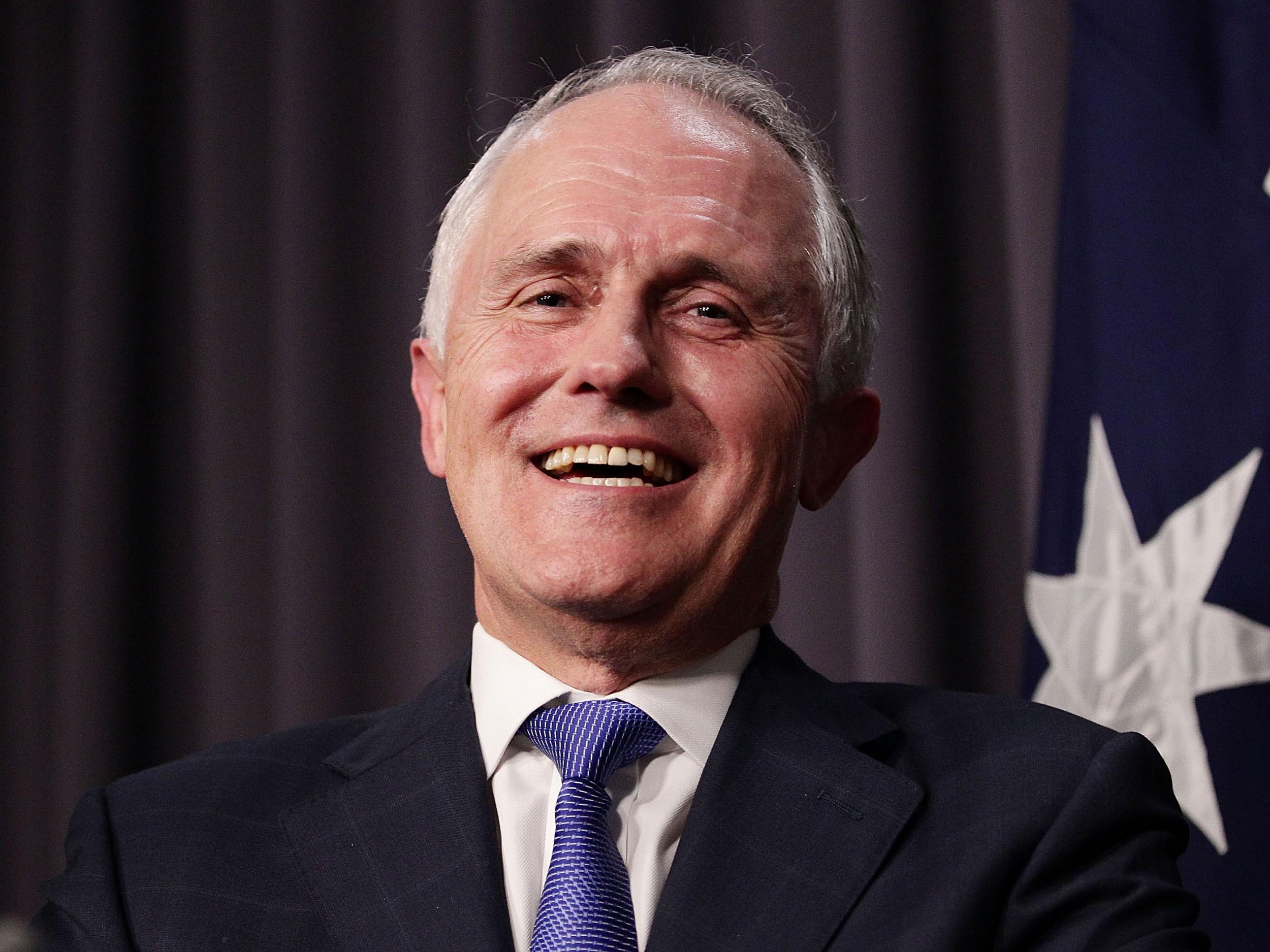Australian paramedics have stopped asking patients who the Prime Minister is because it's 'too confusing'
A paramedic said asking patients what their last meal was is a 'much safer' option

Australian paramedics have stopped asking emergency patients who the Prime Minister is due to the changing nature of Australia’s premier post.
According to Brisbane’s Courier Mail, the question which is often asked to determine a patient's level of consciousness and memory has been deemed “too confusing”.
Sunshine Coast paramedic, Greg Abood told the paper: “The country’s Prime Ministers are changing so often, it’s no longer a good indication of [someone’s] mental status.”
“I’ve resorted back to asking them what they had for their previous meal. It’s a much safer question.”
Mr Abood said he once asked a patient the question, only to hear: “I haven’t watched the news today.”
Beth Mohle, secretary for the Queensland Nurses Union said she was aware medical staff were using the question less and less.
She said: “Even those who are in full control of their faculties might have difficulties keeping up with who’s who in the zoo these days.”
Australia has changed Prime Ministers five times in five years. The current Prime Minister, Malcolm Turnbull, took office in September, after successfully ousting fellow party member Tony Abbott who held the position for two years.
Prior to Mr Abbott, Kevin Rudd returned for a second time as Prime Minister for a mere three months in 2013.
Welsh-born Julia Gillard preceded and succeeded Mr Rudd, serving as Prime Minister from June 2010-June 2013. Mr Rudd's first term as Prime Minister started in 2007.
A Queensland Ambulance Service spokesman told the Courier: “Often it is more appropriate to ask a question that’s relevant to other current events or within the ‘lifestyle’ of the patient attended.”
“It is important to remember that an accurate assessment of a patient’s level of consciousness is far more detailed than just the recollection of a fact or name.”
Subscribe to Independent Premium to bookmark this article
Want to bookmark your favourite articles and stories to read or reference later? Start your Independent Premium subscription today.

Join our commenting forum
Join thought-provoking conversations, follow other Independent readers and see their replies